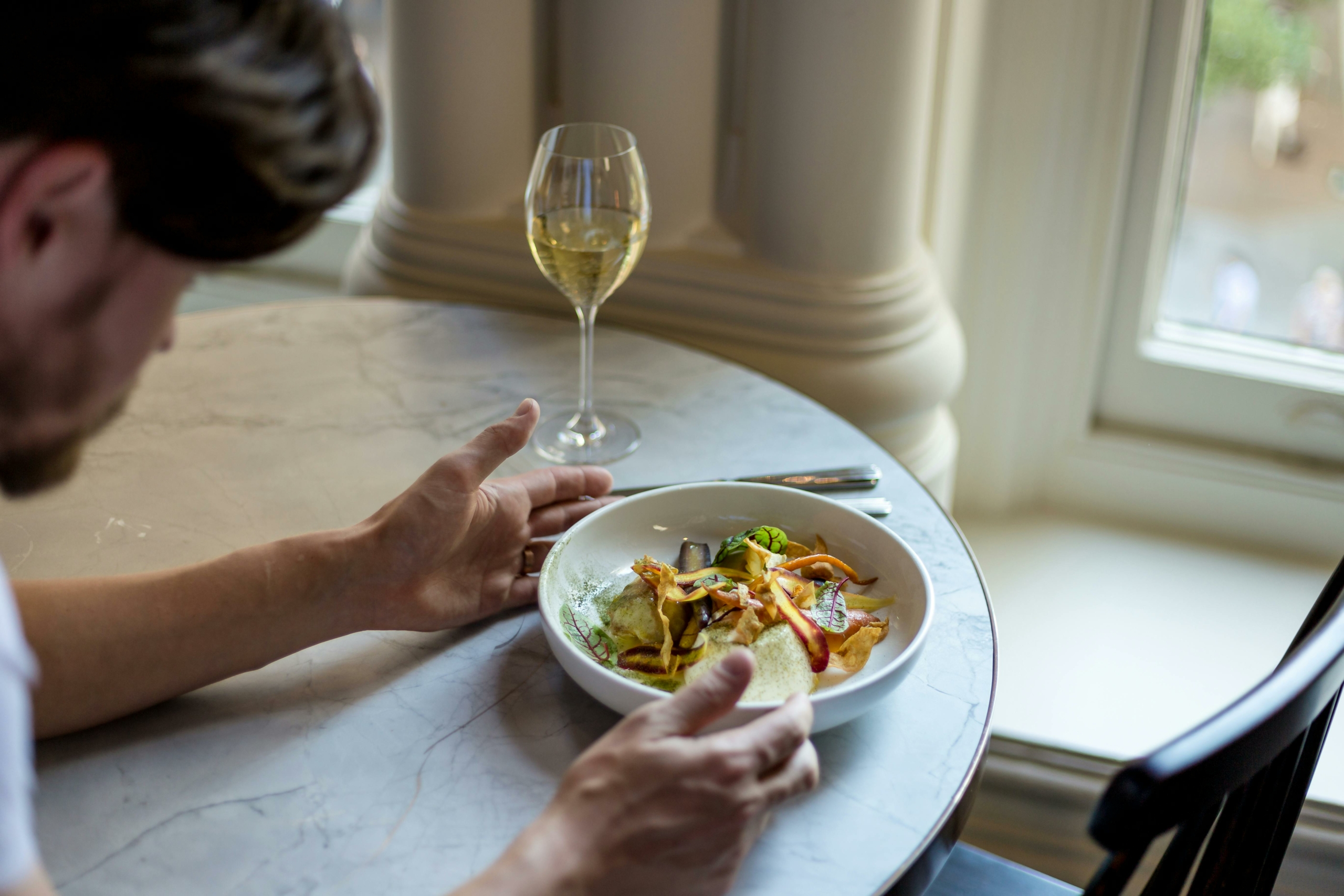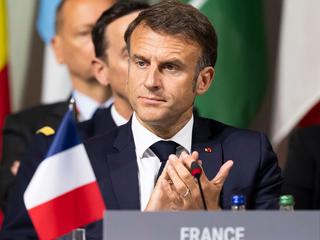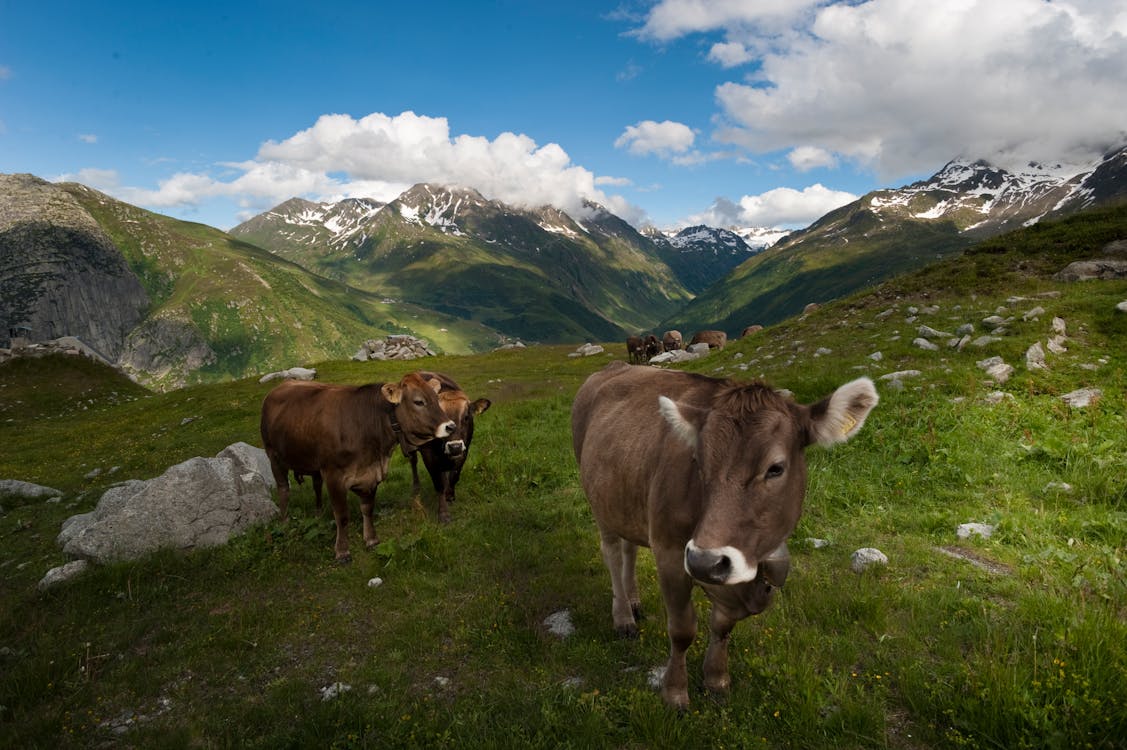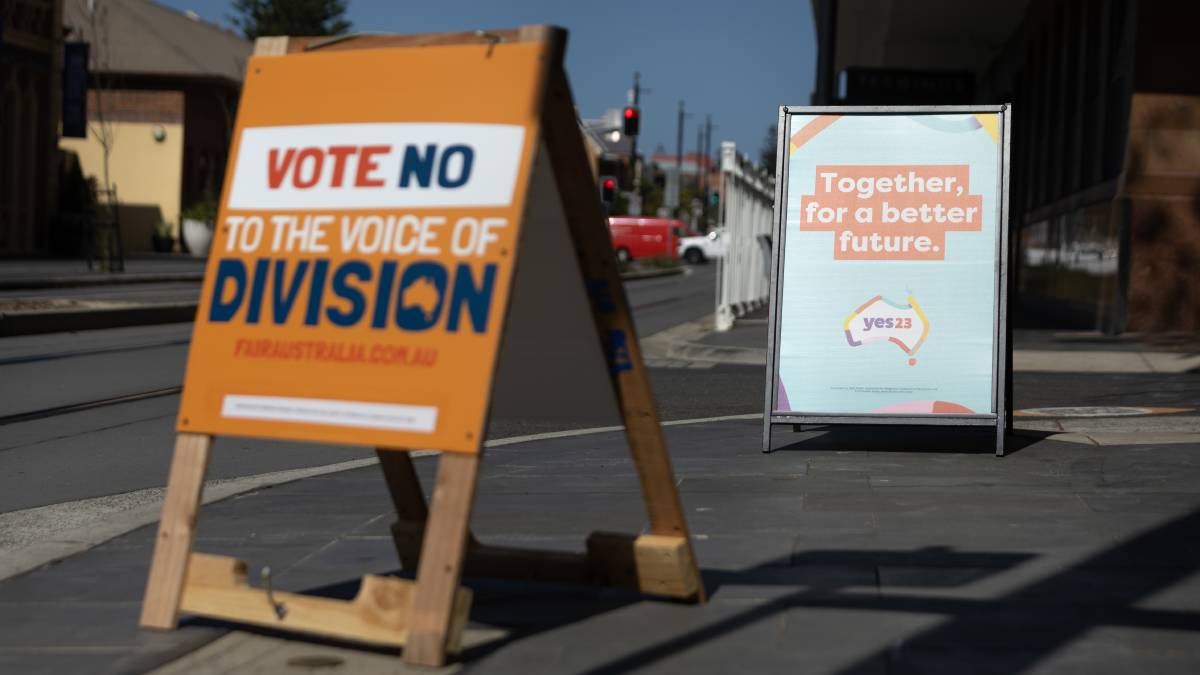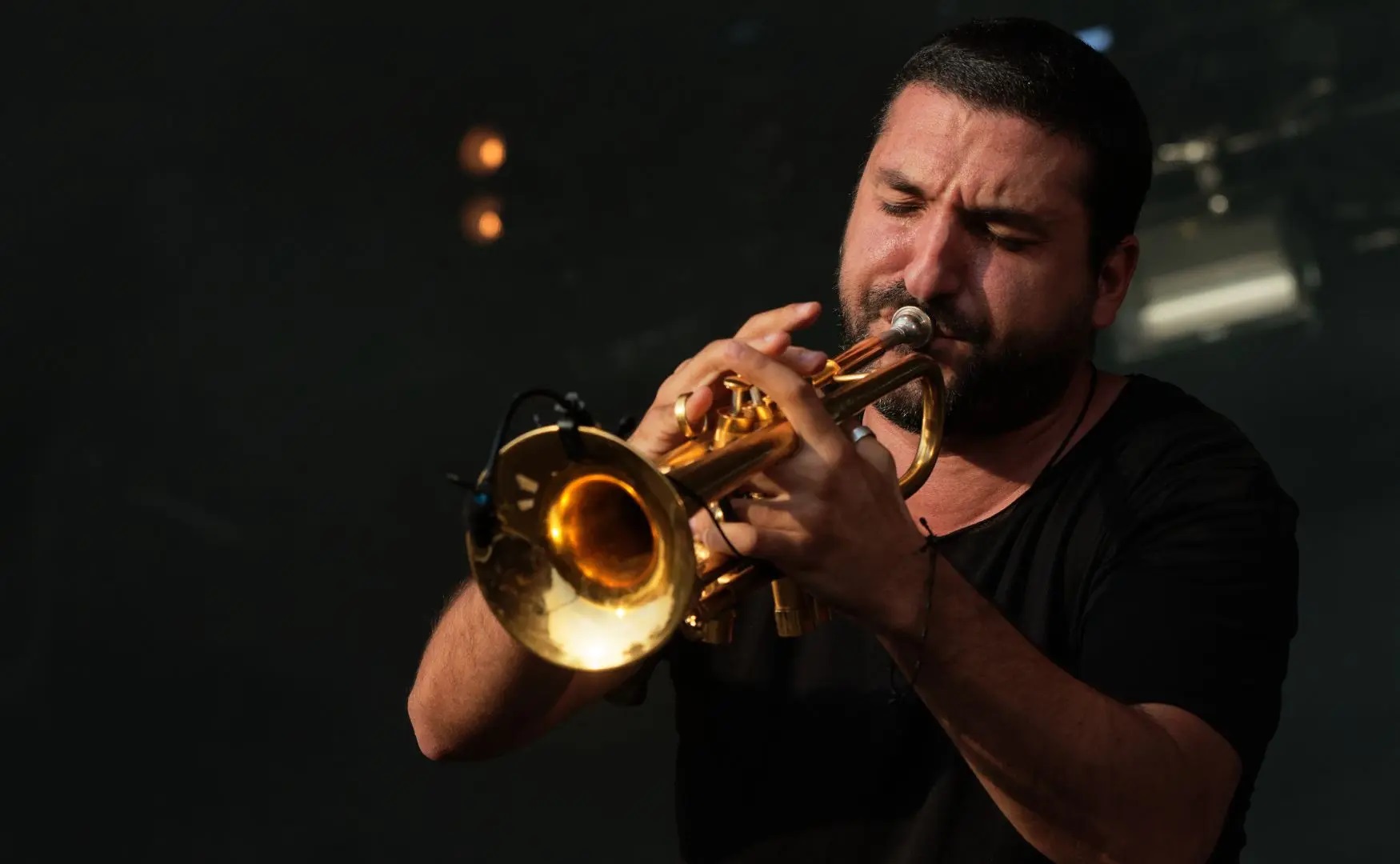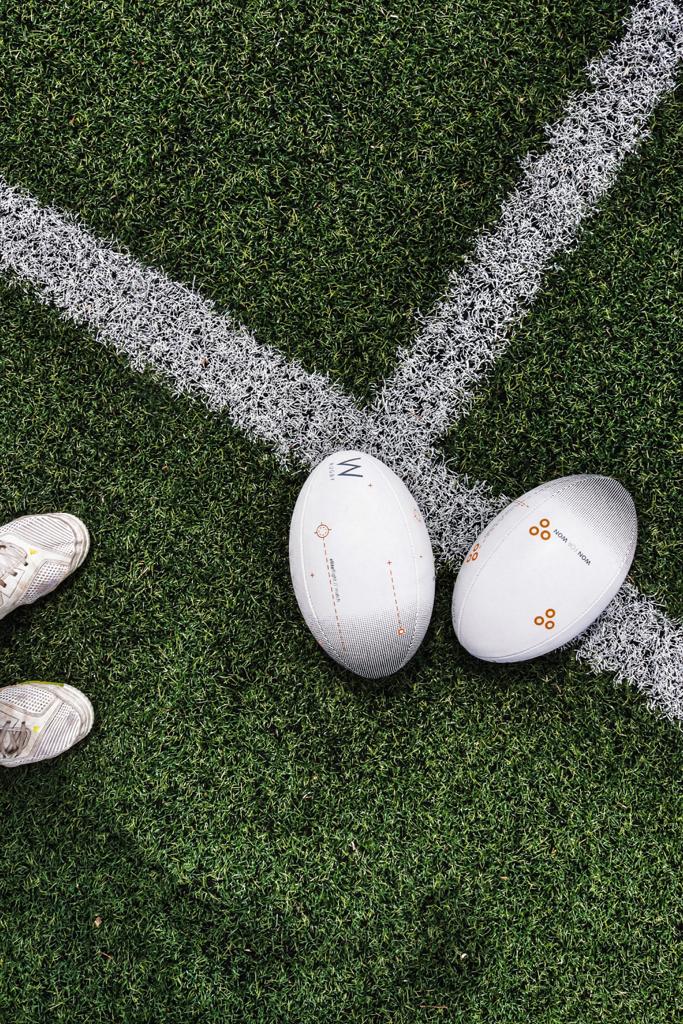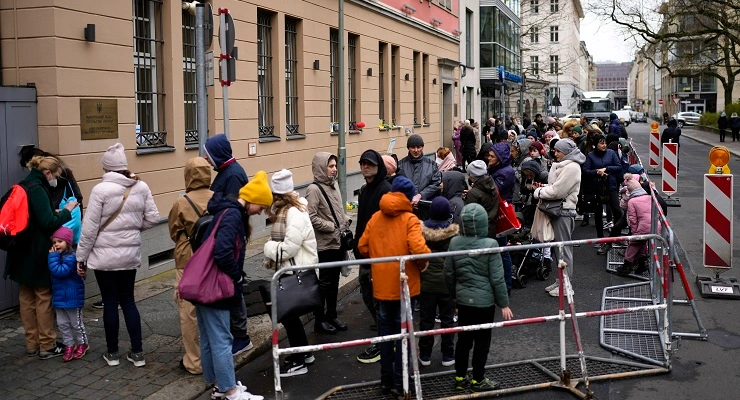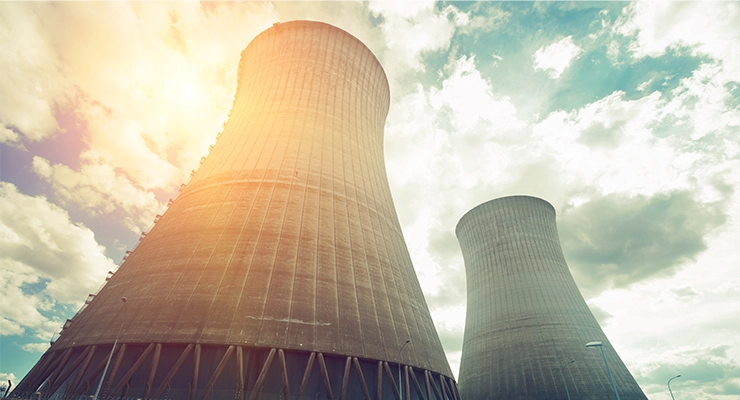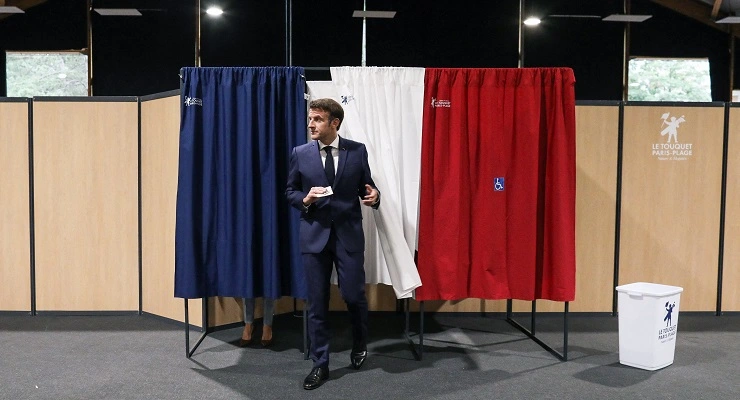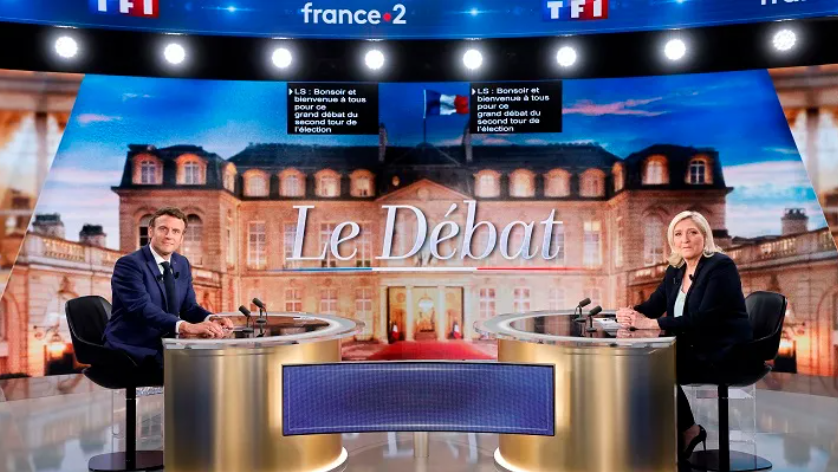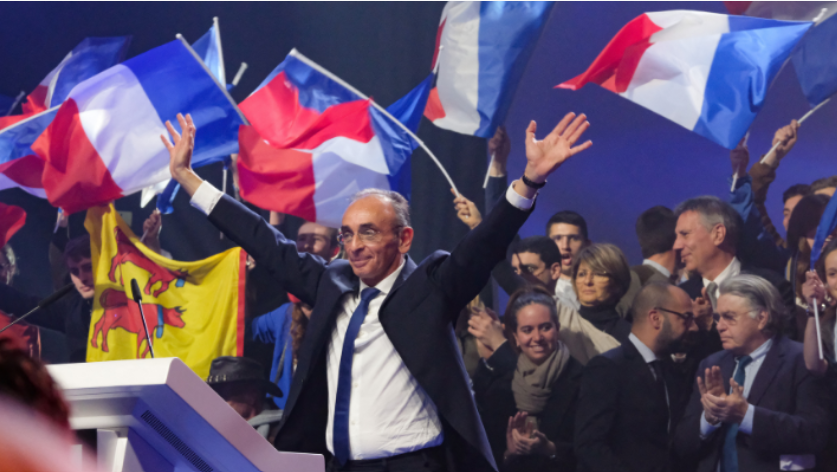L’univers dépouillé du monde rural s’effiloche sous la caméra du réalisateur Raymond Depardon dans Profils paysans. Les routines de travail terriblement monotones, les dîners silencieux en famille, et surtout « l’attente stoïque d’une fin qui approche », comme les archives cinématographiques d’Harvard décrivent cette œuvre.
C’était trop pour moi lorsque je suis allé voir le premier volet de la trilogie au cinéma lors de sa sortie au début des années 2000. J’ai quitté la salle avant la fin de la projection, non pas parce que je n’étais pas touché, bien au contraire, mais car je n’ai tout simplement pas supporté d’être confronté à la métaphore de la mort lente de l’agriculture française, s’éternisant douloureusement pendant 90 minutes, sans la moindre trace de solution possible.
Lors des récentes manifestations, je suis resté sidéré devant les images télévisées d’agriculteurs déversant du lisier devant les bureaux des maires de leurs communes – pas de solution derrière ce geste. J’ai ensuite entendu parler des 400 millions d’euros de dégâts causés par ces mêmes agriculteurs sur les routes environnantes, que leurs impôts avaient probablement financées. Un ami français m’a laissé entendre que, dans les deux cas, j’avais certainement été envahi par une sorte de pragmatisme anglo-saxon, insinuant une certaine froideur, presque sans cœur, alors que les Français sont, quant à eux, toujours selon lui, “un peuple qui n’est pas particulièrement pragmatique”. (J’ai alors compris ce qu’impliquait l’approche anglo-saxonne comparativement au pragmatisme français). Après tout, je ne suis rien d’autre qu’un sujet du Roi, non seulement d’Angleterre mais également du lointain Commonwealth d’Australie, qui est encore aujourd’hui une monarchie constitutionnelle. Pour un républicain invétéré comme moi, cette petite boutade est assez gênante.
Mais l’enjeu porte peut-être moins sur le pragmatisme relatif que sur le fait que la France soit une culture très politique, alors que, l’Australie et les autres cultures anglo-saxonnes (comme la Nouvelle-Zélande, le Canada, l’Angleterre, au moins au Royaume-Uni, aux Etats-Unis) ne le sont pas. Pour les citoyens de la République française, il y a un parfum permanent de Révolution qui flotte toujours dans l’air. Et les élites vivent avec cette crainte persistante. En Australie, la politique sert essentiellement à faire fonctionner la société, afin que personne n’ait véritablement à penser à la politique afin de se concentrer davantage sur le travail, la famille et cette religion laïque qu’est le sport. Les Australiens peuvent donc être libres, comme le décrit Phillip Adams, un critique féroce de notre culture nationale de « chercher l’hédonisme au fond d’un tube de crème solaire ».
En France, la politique doit plutôt refléter ce qu’est la France : elle est au service de la beauté de sa langue, de ses paysages, de ses régions, de ses cuisines locales et de sa capitale, où règne sa classe politique. Paris est un lieu peuplé de personnes originaires d’autres régions, ou plus précisément de leurs régions respectives, avec leurs propres recettes, leurs paysages uniques et même leurs dialectes dont ils aiment parler longuement. Les politiques du gouvernement devraient donc viser à protéger, voire à privilégier ces agriculteurs, qui sont intrinsèquement liés à la cuisine, aux paysages et aux régions – aux terroirs. J’aurais peut-être réagi différemment si je n’avais vu l’ode de Depardon à la France rurale que récemment. Chacun peut reconnaître les codes du théâtre de rue dans le combat actuel, mais pas la souffrance qui se cache derrière. Quel « pragmatisme » permettrait de rester indifférent à ceux qui sont en première ligne des manifestations, à ces corps courbés, ces visages émaciés, ces yeux ternes et hagards après des années de réveil aux aurores?
En revanche, le combat actuel dure bel et bien depuis plus de vingt ans et nul ne peut nier le déclin relatif de l’agriculture française. Lorsque j’ai vu Profils Paysans, la France était le deuxième exportateur de produits agricoles dans le monde (le premier en Europe), elle occupe désormais la cinquième place (la troisième en Europe). Les enjeux qui existaient alors subsistent encore aujourd’hui : les exploitations sont trop petites, tout comme les troupeaux, les salaires sont trop bas et les subventions sont réparties sur l’ensemble du territoire national, afin que quelques bovins subventionnés puissent aller paître sur des terres qui seraient pourtant plus adaptées aux chèvres.
Peu après la sortie du dernier volet de la trilogie de Depardon en 2008, le magazine hebdomadaire L’Express a révélé que plus de 30 hommes politiques français recevaient plus de 50.000 euros chacun de paiements annuels en tant que bénéficiaires directs de la PAC. Parmi eux, le plus grand bénéficiaire, un sénateur également producteur de céréales a reçu 275.200 euros. Une nouvelle législation d’importance majeure (la Loi de modernisation de l’agriculture, LMA) avait pour objectif d’introduire un système de contrats de filières en vue de stabiliser, enfin, les revenus des agriculteurs dans ces marchés en constante fluctuation. La LMA encouragerait, selon Bruno Le Maire, ancien Ministre de l’Agriculture, les ventes locales (que l’on appelle communément le “circuit court”), en faveur des producteurs français face à la forte concurrence et aux importations internationales. De prime abord, on peut comprendre pourquoi les importations soulèvent des doutes, surtout si elles proviennent de pays situés en dehors de l’Union européenne. Quel est l’intérêt de mettre en œuvre des accords de libre échange alors que les producteurs locaux souffrent ? Cela s’explique bien au-delà du commerce international. Les liens entre démocraties de même sensibilité, mais aussi la langue et la culture sont des facteurs clés, comme ce fut le cas pour l’Accord de libre-échange avec le Canada (l’ALE, le Ceta). Le renforcement de l’influence géopolitique régionale de la France et de l’Europe compte également, comme l’a montré la mise en œuvre de l’Accord de libre-échange avec la Nouvelle-Zélande, après l’affaire avortée des sous-marins entre la France et l’Australie et l’AUKUS (partenariat de défense et de sécurité trilatéral entre l’Australie, le Royaume-Uni et les Etats-Unis). Il est également vrai que les accusations portant sur les fausses économies des Accords de libre-échange sont souvent infondées. Elles détournent l’attention habituellement prêtée aux véritables enjeux.
Depuis la conclusion du Ceta avec le Canada, l’une des plus grandes nations commerçantes du monde, les exportations européennes de produits agroalimentaires et de la mer vers le Canada ont en fait augmenté chaque année au cours des trois dernières années. Avec la France, le Canada est un importateur net de produits agricoles : les chiffres canadiens montrent un déficit de 1,1 milliards de dollars canadiens en 2023, soit environ 756 millions d’euros.
J’ai vu la presse française s’indigner à l’idée d’importer de l’agneau de première qualité de Nouvelle-Zélande. Il convient toutefois de rappeler que cela fait une décennie que la Nouvelle-Zélande n’a pas rempli ses quotas en matière d’importation d’ovins. De toute manière, les Néo-Zélandais ont tendance à vendre ailleurs la viande ovine qu’ils sont autorisés à vendre à l’Europe, car ils y obtiennent un meilleur prix. Leur droit à 38.000 tonnes complémentaires conformément à l’ALE est en fait un non-événement. Selon toute vraisemblance, il ne sera pas utilisé. Les Néo-Zélandais ont été autorisés à vendre 10.000 tonnes de viande bovine à l’Europe, une goutte d’eau dans l’océan, étant donné que les Européens mangent 6,5 millions de tonnes de bœuf chaque année. Pour ce qui est du fromage, c’est la même histoire. Il est possible d’acheter du roquefort à Auckland, et lorsque l’ALE entrera pleinement en vigueur, une variété de fromages néo-zélandais devraient être disponibles en Europe. Il s’agit toutefois d’une micro-niche. La Nouvelle-Zélande pourra avoir accès à 0,14 pour cent du marché européen, alors que l’Europe a déjà 15% du marché du fromage en Nouvelle-Zélande.
L’ALE présente de réels avantages pour l’agriculture néo-zélandaise, notamment pour les fruits du kiwi et le miel de Manuka, produit par des abeilles originaires de Nouvelle-Zélande. Toutefois, les éleveurs de bovins et les producteurs de lait ne pouvaient cacher une certaine déception face à la portée limitée de l’accord. Ne faisant partie d’aucune assemblée de nations comme l’Union européenne, le commerce international est un impératif pour les agriculteurs, étant donné que le marché intérieur est minuscule. Les droits de douane et les subventions ont été supprimés au milieu des années 80 et aujourd’hui aucun grand syndicat agricole ne revendique un retour à la protection. En supprimant les subventions aux engrais, les éleveurs d’ovins et de bovins ont réduit de moitié leur utilisation, mais la productivité est restée élevée.
Il est vrai que la France ne serait pas la France sans ses 365 fromages ou plus et sans la diversité de ses bovins de boucherie. Toutefois, il n’y a aucune possibilité que l’ALE avec la Nouvelle-Zélande, ou même le Ceta avec le Canada, menace l’existence même de l’agriculture française. Il faut de plus garder à l’esprit que quel que soit l’impact des petites (bien qu’importantes) avancées commerciales de l’ALE avec l’UE pour la Nouvelle-Zélande, son plus grand client pour les produits agricoles est la Chine, bien que Beijing soit plus loin de sa capitale Wellington que de Paris.
Si nous devions tirer une leçon de l’expérience néo-zélandaise ? Ils savent se focaliser sur leurs avantages comparatifs qui les distinguent, tout en améliorant l’efficacité opérationnelle au fil du temps. Aujourd’hui, le secteur agricole est l’un des plus productifs, des plus rentables et des plus respectueux de l’environnement au monde.
Il est d’ailleurs révélateur de constater que la Nouvelle-Zélande ne vend quasiment pas de porc à la Chine, car les Néo-zélandais n’exportent quasiment pas de viande porcine. Les cochons mangent des graines et il pleut toute l’année en Nouvelle-Zélande. Ces conditions conviennent parfaitement au pâturage de bovins et d’ovins, mais pas pour la culture des céréales. Les Néo-Zélandais ont donc tendance à importer leur porc depuis l’Europe, essentiellement d’Allemagne, d’Espagne et de Pologne.


